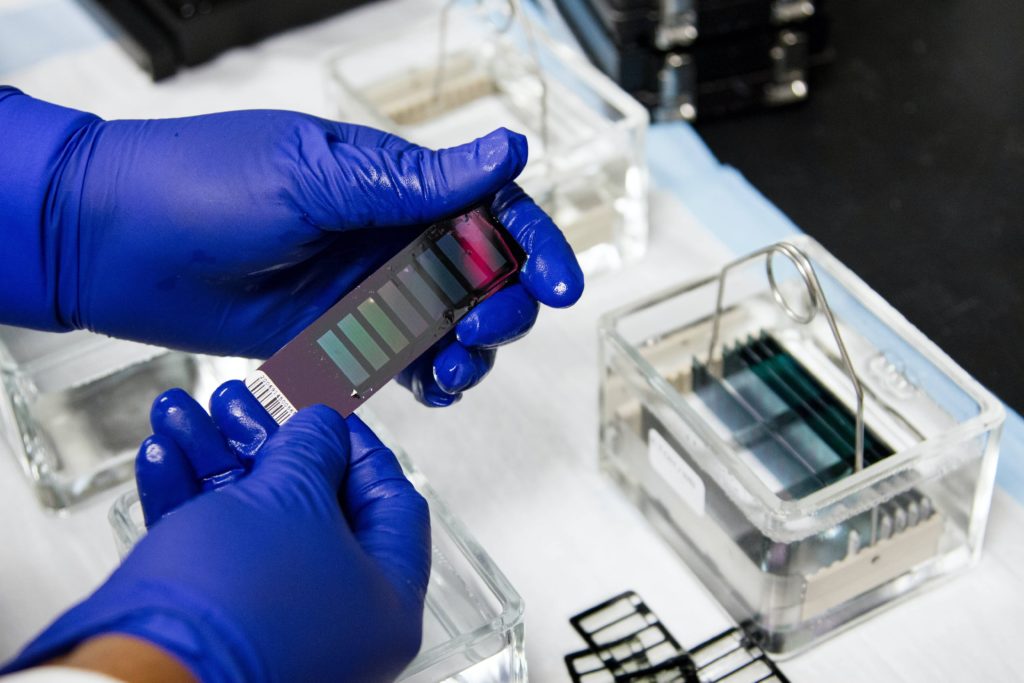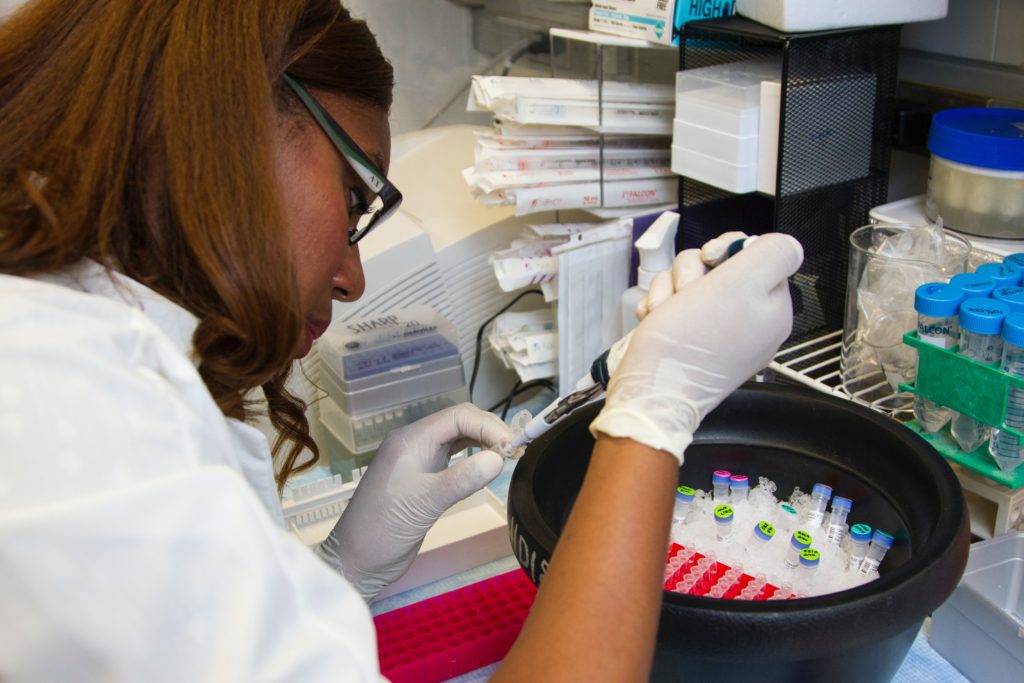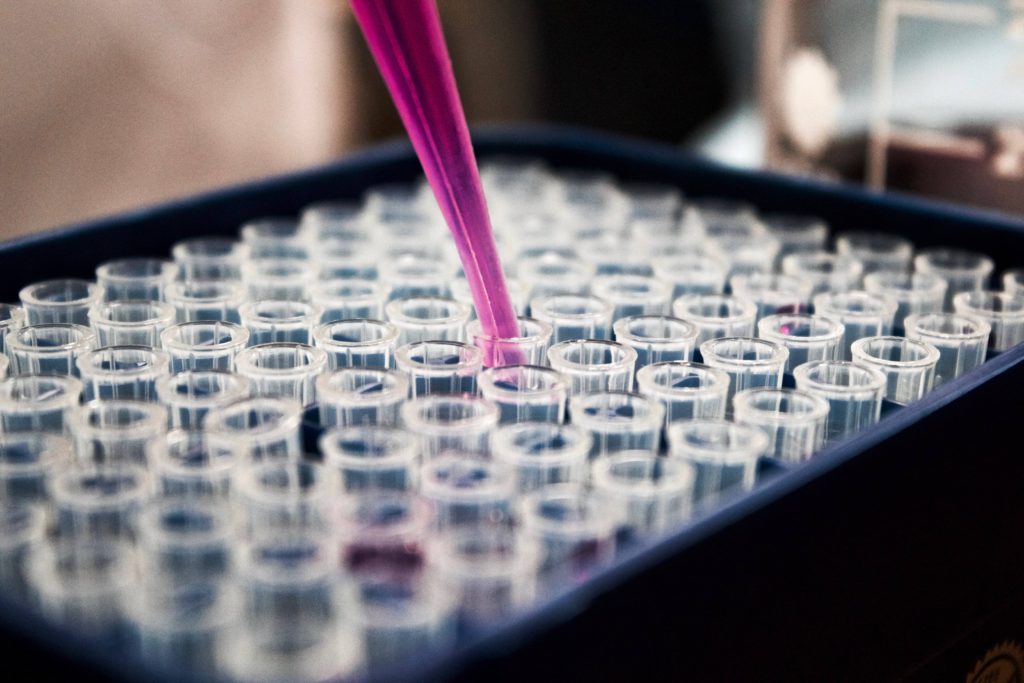If you have a knack to solve puzzles and love to dissect the reasons why some people commit crimes, then a career in forensic science may be right for you!
Some people may confuse this discipline with its cousin counterpart, forensic psychology. So first let’s understand the difference between the two.
Forensic science vs forensic psychology
While forensic science and forensic psychology have some similarities, most notably being firmly based in the fields of crime and law, they are two different disciplines. Even though they are usually thought to be one, each of the two sciences has its individual academic requirements, field of study, and career outcomes. Forensic Science is directly associated with the analysis of crime scene evidence and criminal investigations. On the other hand, forensic psychology involves the study of psychology as it relates to criminal activity and law. However, both of them are essential elements of the modern judicial system.
Now that you know what differentiates these two disciplines and the scientific part is what really excites you, then read on to discover what it takes to excel in this field. If a psychology career is what sparks your interest, then check out our forensic psychology career guide.
What is Forensic science?
Forensic science combines the study of chemistry, biology human physiology, anatomy, genetics, physics, psychology, along with digital and computer-generated forensics. It deals with techniques to investigate a crime scene through laboratory tests and analysis. Simply put, it is a discipline in science that is used for analyzing evidence relating to crimes and criminal activity. It is used all over the planet to defend public health, to uncover answers relating to criminal activity, as well as resolving legal disputes. It makes use of numerous mathematical and scientific techniques to provide a conclusion in a crime. Forensic scientists can work in any capacity at the local, state and federal government levels.
What does a forensic scientist do?
Forensic scientists collect and analyze evidence from crime scenes, collect and analyze DNA, conducts ballistic studies, analyze fingerprints, as well as other laboratory work associated with a criminal investigation. You might be working in the field at a crime scene gathering evidence or you may be working in a lab analyzing the evidence. Depending on where the crime took place, they may work directly with either local, state or federal law enforcement.

There is a wide variety of diverse roles that you can take if you are a forensic scientist. You can specialize in one or more of the following areas:
- DNA and blood analysis
- Signature and handwriting analysis
- Recovery of data and computer analysis
- Visiting the scenes of crimes
- Searching and gathering evidence at the crime scenes
- Producing written reports
- Criminalistics
- Verifying the accuracy of documents
- Testing tissue and fluid samples in a case of poison or drugs
- Analyzing tire marks
- Producing and certifying evidence in the court
- Recovering information from electronics such as cell phones, laptops, and computers
- Using the right systematic techniques like DNA profiling chromatography and electron microscopy
The work of a forensic scientist may require attending horrifying and disturbing crime scenes in all conditions. If that type of scene doesn’t affect you, then you’re one step further in your quest to being involved in the field of forensics.
Is forensic science right for me?
If you have a zeal for science, have a curious nature, have a passion for solving puzzles and are not put off by potentially gruesome crime scenes, this might be the perfect field for you. There are many online forensic science programs for you to choose from and many exciting jobs in this field once you graduate. You may not know exactly which career path you want to go down, so you should keep your options open and explore a variety of areas in the field. If you know exactly what you want to do once you graduate, you should ensure that you have checked the school’s curriculum, the amount of theory versus practical work, as well as the skills that you’re likely to develop in your degree program.
When researching forensic science colleges, your search should include a wide range of forensic science degrees – online, campus and hybrid. Having more choices prior to selecting a school will increase your chances of finding the perfect fit for you.
How do you become a forensic scientist?
In order to become a Forensic Scientist, you will need to first research your degree and schooling option, pick a school and graduate from that program. We’ve laid out the different steps you can take pursue this career.

Step 1: Graduate from high school
If you’re interested in becoming a forensic scientist, you should have enjoyed classes like chemistry, biology, physiology, mathematics, and statistics.
Step 2: Research forensic science degree programs
Look for an accredited college that offers a forensic science program or another related specialty. There are several similar degree programs offered such as forensic psychology. Requirements for admissions for four-year programs usually require a high school diploma, a private statement, a competitive GPA along with TOEFL scores, which is for English non-native speakers.
Step 3: Enroll in an accredited online college
Enroll a bachelors in forensic science or a master’s in forensic science degree program: For those who may just be starting out in their college career, either getting an associate’s degree or bachelor’s degree in forensic science would likely be the step you should take. If you’re looking to change careers but already have a bachelor’s degree, the next step would be to earn a master’s in forensic science to advance your knowledge of the subject and increase your qualifications. It’s advisable that you confirm the admission requirements for each school you might be applying to prior to enrolling in the school your choice.
Step 4: Gather forensic experience
After completing your forensic science degree, you can look for a job in a crime laboratory, a police unit, or another related place. At this point, the majority of graduates may look to gain specialized skills in hospitals, police departments, and federal agencies, and local governments, medical and diagnostic laboratories to name a few.
Step 5: Seek out professional certification
Even though professional certification might not be needed for or during employment, it may increase your chances of employment, and likely increase your chances to negotiate a higher salary if you’re in the private sector. If you work for the government in any capacity, your salary might not be easily negotiated since some government salaries are typically based on a pre-determined scale.
Education requirements
To become a forensic scientist, you will need a minimum of a bachelor’s degree while many jobs may require a master’s degree. Undergraduate degrees in biology, chemistry, life sciences, medical sciences, or applied sciences are probably the most suitable if you’re thinking about getting a Master’s in Forensic Science. However, it really depends on the kind of forensic work you would like to do. So having an idea of what you’re interested in may help guide your educational decisions.
Professional certification/licensure
Professional certification needs formal education plus a number of years of working experience. The candidates are also supposed to pass at least one or more additional assessments in their area of specialization. Specialized certification isn’t mandatory, although it might raise your probability of getting a high salary. The majority of the certifying bodies call for candidates to pass at least one test in their specific discipline and to have some years of working experience.
Career information
You’re probably thinking “What can I do with a forensic science degree”? Great news! There are lots of exciting forensic science careers to choose from these days. If you are a forensic science technician, you may be working in a forensics lab assessing trace evidence or poisons. There may be times you will be presenting evidence at trial. Those who have an interest in computers, as well as technology, may have a place in computer forensics. This field involves rubbing the erased hard drives to get evidence that will assist in convicting criminals involved in cybersecurity.
Even though admission into this field is quite competitive, the need for more professionals is on the rise. In fact, forensic science jobs are expected to increase by 14% through 2029. Promotion is normally based on knowledge, accountability, and assessment reports. Being mobile geographically might be helpful, and especially if you are searching for new positions. You will typically be required to have between 2-5 years of experience to be promoted to a higher position. Once promoted, your work may likely involve undertaking your own cases, directly dealing with law enforcement, and presenting evidence in reports.
You might require giving proof in court as a specialist witness. With advanced experience, you can continue on to become a casework examiner who is accountable for organizing work in your area of specialization. You may supervise other people’s work, visit crime scenes, go to conferences, do research and also publish articles.
Career Titles
Forensic Science job titles may vary depending on your area of expertise. As such, there are many types forensic science careers for which you can choose from based on your experience and interest level. Some career titles within the forensic science field include:
- Analytical chemist
- Crime scene investigator
- Biomedical scientist
- Forensic scientist
- Detective
- Forensic engineer
- Toxicologist
- Scientific laboratory technician
- Forensic accountant
- Bloodstain pattern analyst
Where do forensic scientists work?
The work of forensics is to do research on the collected data from a crime scene. Forensic scientists do so to identify all the facts that may have occurred at that moment. They gather, process, scrutinize, and explain all pieces of information. Additionally, they carry out broad physical and chemical analysis of the evidence, and they prepare detailed reports on evidence and other information gathered. They offer professional testimony during legal proceedings. They work in various settings, be it government agencies, hospitals as well as crime laboratories.

Federal Agencies:
Some of the federal agencies that employ forensic professionals include the US Postal Service, Treasury Department, Justice Department, and Health and Human Services. They concentrate on certain areas of specialization, such as trace evidence ammunition, explosives, or hazardous materials, or DNA. These positions require high technical skills and knowledge in their area of specialty. For instance, an ammunition expert only serves as an expert when it comes to several kinds of ammunition and its apparatus. They have a broad understanding of handling firearms, the diverse types of ammunition that are used.
Hospitals:
Several hospitals make use of forensic science technicians or social workers who have a nursing or other medical background. They usually have professional training in offering trauma counseling. These professionals have experience collecting the physical evidence from a crime scene, and work with victims who are able to provide testimony in a court during a legal proceeding. Both forensic technicians and social workers may have some specialized skills and knowledge of legal proceedings as they have extensive training in criminal law and legal theory.
They also document injuries incurred by sexual violence, neglect, assault, or any other form of injury. When these victims are treated for the injuries caused during an attack, the forensic nurses or social workers collect all the information that is required for the criminal case to proceed. They support the victims as they consult legal authorities.
Crime Laboratories:
Many forensic scientists often work in crime laboratories. They are run by state, county or city governments. In these laboratories, forensic scientists perform biological, physical, and chemical analysis of all the evidence that’s collected at crime scenes. They have a broad knowledge of the practices and theories used in biology. For example, examinations of blood, DNA testing of teeth, hair, bone, and as well as biological specimen that’s collected. They also have the knowledge to operate and calibrate analytical and scientific instruments, as they receive written reports containing those analysis. Ultimately, their results are reported to the investigating team.
Law enforcement – Forensics Department:
The state and local police departments use forensic scientists to assist them in investigating crimes. Using the evidence collected, they conduct a forensic investigation of the crime scene and make use of diagrams that show how the crime may have taken place. They use trajectory analysis such as gunshots. They also execute specific processes on the crime scene as well as evidence recovery. This requires taking photographs and videos, collecting location information, and preservation of evidence. This completes investigative analysis and reports on the crime scene and the evidence given
Career growth and salary expectations
As of Oct 2020, a forensic science salary averages about $61,422 in the United States. However, this figure might differ depending on some factors like education, location as well as level of experience. This is about $29.53 per hour, $1,181 in a week, or $5,118 a month. Your level of expertise in this area can influence the amount you earn as well. However, Federal agencies, like the FBI, for instance, usually pay higher salaries, seeing that the capacity for these jobs is extremely broader and the knowledge needed is greater.
Online Forensic Science Schools
Associates in Forensic Science Online
Bachelors in Forensic Science Online
Masters in Forensic Science Online
